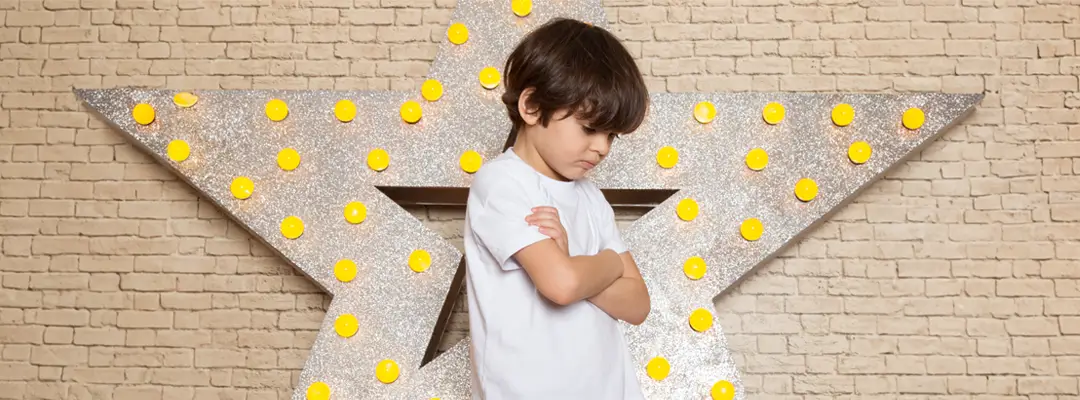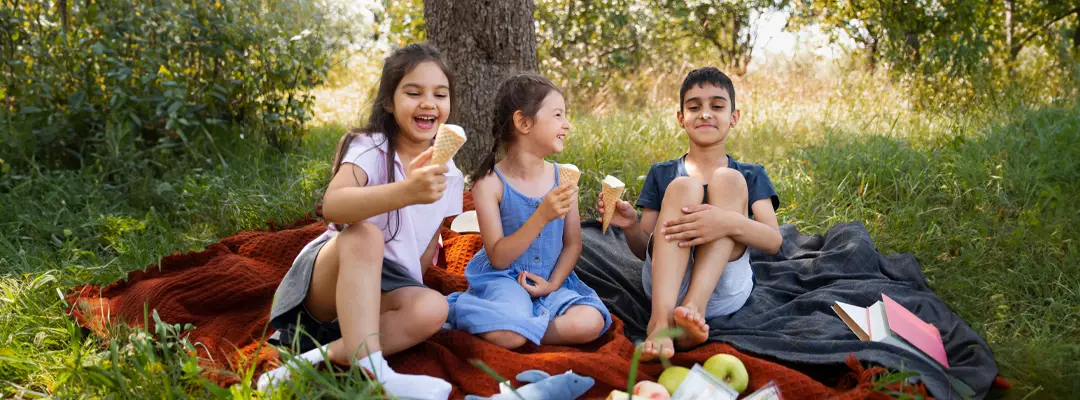Your Kid’s Confidence
- Published on:
- Last update: 13 November 2023

It is not always difficult to determine whether or not a child appears to have a positive self-image or whether or not they do not. We frequently use the term “self-esteem” to refer to the concept of being pleased with one’s own qualities.
Children with confidence::
- Like and accept oneself
- Have faith in oneself;
- Value themselves;
- Think positively of themselves
- Believe in themselves
Children who lack confidence:
- Distrust their abilities,
- Dwell on their failures rather than their successes
- Compare themselves negatively to other children
- Lacks self- esteem
Confidence gives children a sense of self esteem to explore new things. It’s more likely that they’ll give it their all. They are pleased with their abilities. Children who have high self-esteem are better able to bounce back from setbacks. It encourages students to keep trying when they experience setbacks. Therefore, having a healthy sense of self-worth benefits children’s academic, domestic, and social lives.
Children that lack confidence do not trust in their own abilities. They might stay on the sidelines if they doubt they’ll be welcomed. They may stand by as others mistreat them. It may be difficult for them to stand up for themselves. They can quit easily or decide not to attempt anything. Children with low self-esteem struggle to bounce back from setbacks like losing a game or not making the team. Because of this, they might not achieve their full potential.
DEVELOPING CONFIDENCE
Building confidence can begin as early as infancy. It’s a gradual process. The simple fact that a kid is secure, liked, and accepted might set off the process. It might begin with a parent’s positive reinforcement and care for their infant.
As infants mature into toddlers and then preschoolers, they have the ability to execute more and more tasks independently. They gain confidence when they are able to put their new knowledge to work. When parents are attentive, encouraging, positive, and proud, children develop a higher sense of self-worth.
Children’s confidence can develop together with them. Children’s confidence can develop whenever they take risks, acquire new skills, and expand their knowledge. It’s possible for this to occur in children when:
- Get closer toward a goal.
- Learn and Acquire Knowledge.
- Socialise and get along.
- Enhance your skills in a variety of fields: music, sports, art, cooking, tech skills.
- Engage in favourite habits.
- Support, help, or being kind.
- Obtain credit for right actions.
- Do your best at something.
- Get better at and take pleasure in doing.
- Get rolled into the group.
- Sense of being embraced and understood.
- reward them with something they deserve, like a good grade or an award.
When children have a good sense of confidence, they have a better understanding of their own capabilities, as well as an improved sense of acceptance for who they are. This is because children with a healthy sense of confidence are more likely to believe that others accept them for who they are.
Share this post:




